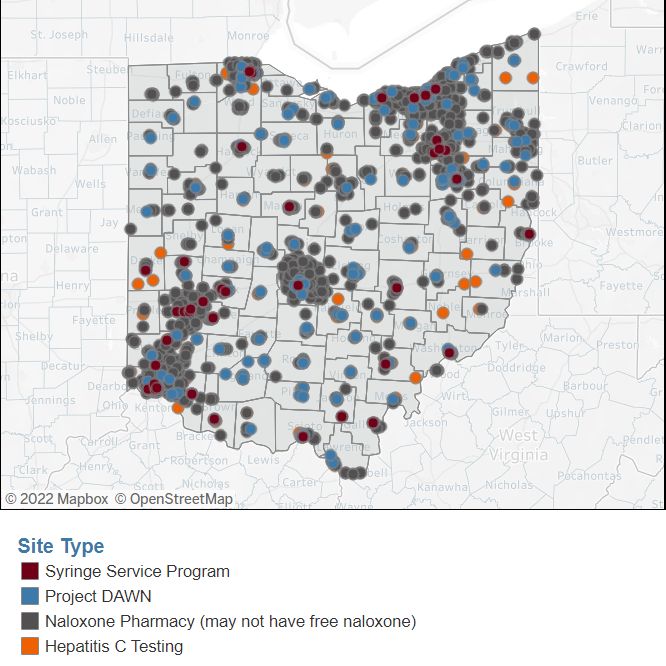Delayed flights, cancellations and other travel woes have left passengers this summer frustrated.
According to the Department of Transportation, there was a 34.9% increase in air travel service complaints from May to June – with complaints nearly 270% above pre-pandemic levels.
But a new proposed rule from the Department of Transportation could hold airlines accountable for schedule mishaps, entitling passengers to a refund “if the airline makes a significant schedule change or delay” in the case the passenger decides not to travel.
“When Americans buy an airline ticket, they should get to their destination safely, reliably, and affordably,” Transportation Secretary Pete Buttigieg said in a statement. “This new proposed rule would protect the rights of travelers and help ensure they get the timely refunds they deserve from the airlines.”
The policy would explicitly define a domestic flight delayed 3 hours or more, or an international flight delayed 6 hours or more, as a “significant delay,” triggering a refund for consumers. It would also trigger refunds for downgrades, like a change in aircraft.
Consumer advocates cheered the new proposal.
“One really good thing about the proposed rule is that it would require a cash refund and it would require airlines to notify consumers that they’re entitled to a cash refund,” Erin Witte, the Director of Consumer Protection at the Consumer Federation of America, an advocacy group focused on consumer rights, told Spectrum News.
“So instead of deceptively, trying to encourage a voucher or a credit or saying that consumers aren’t entitled to it, they do have to notify consumers that that is an option,” Witte added.
Witte also told Spectrum News that she thinks it’s an excellent opportunity for consumers to tell the government about their experience and what’s happened, particularly if they experienced difficulties obtaining a refund if they didn’t understand when they were eligible for one.
Witte added that this concept is “long overdue in the United States.” In 2019, the Canadian Transportation agency announced a similar policy about refunds for travel disruptions, which goes into effect on Sept. 8, 2022.
“The U.S. has been slow to match that,” Witte said. “And this is not a novel concept. It’s something that is actually long overdue in the United States.”
A number of lawmakers in the U.S. have called for such reforms in recent months. In June, progressive Sen. Bernie Sanders, I-Vt. wrote a letter to Sec. Buttigieg urging him to “take immediate action to substantially reduce the number of airline cancellations and delays in our country and to protect the rights of airline passengers throughout our nation.”
“All over this country, airline passengers are growing increasingly frustrated by the massive increase in flight delays, cancellations, and outrageously high prices they are forced to pay for tickets, checked bags and other fees,” he wrote. “Thousands of flight disruptions have left passengers and crew members stranded at crowded airports from one end of the country to the other forcing them to miss weddings, funerals, and business meetings and ruining family vacations that have been planned for months in advance.”
“Let’s be clear,” Sanders added. “During the pandemic, when air travel came to a near halt, U.S. taxpayers came to the rescue and gave $54 billion to the airline industry. The top eight airlines alone received nearly $50 billion in taxpayer assistance from the federal government,” Sanders wrote. “Given all of the generous taxpayer support that has been provided to the airline industry, all of us have a responsibility to make sure that passengers and crew members are treated with respect, not contempt.”
The proposal is set to undergo a 90-day public consultation period, after which the Transportation Department will issue its final ruling.




